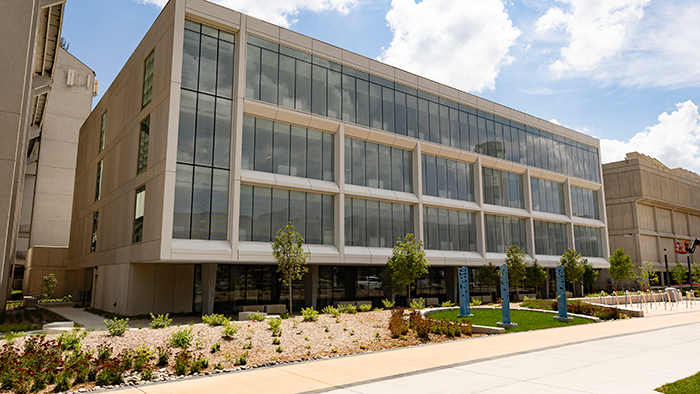
GGP Seminar: Dr. John Harris - "Planning and Indian Country"

- Date and time
- 2:30 PM - 3:30 PM, February 21, 2020
- Description
John Harris, associate professor of regional and city planning at the University of Oklahoma will speak about his work with Tribal Nations in Oklahoma and provide an introduction to Tribal/Indigenous planning more broadly.
Harris is a non-indigenous scholar of community development, drawn to the potential of planning as a tool of justice and decolonization. The activities and processes of regional and city planning, including land management and regulation, community visioning, resource protection and economic development; all have long been important for American Indian tribes in North America as a way of protecting and enhancing the local quality of life (Jojola 2000).
However, Tribal planning on Tribal lands (often referred to as "Indian Country") is done in a different political, legal and social context, with a different set of constraints and opportunities than planning scenarios found in the dominant culture. Thus, Tribal planning has emerged as both a subset of the larger planning enterprise and as a tool to reassert sovereignty. In his presentation, Harris will discuss these broader concepts using examples from a climate change vulnerability study he worked on with five Nations in Oklahoma.
- Event sponsor
- Earth, Environment and Sustainability, School of
- Admission
Free
- Open to public, alumni, current students, faculty
- Location
Additional information
- Event contact
- Carroll, Tracy
- Academic Administrative Assistant II
- TracyCarroll@MissouriState.edu
- 417-836-5800
- Visit website
